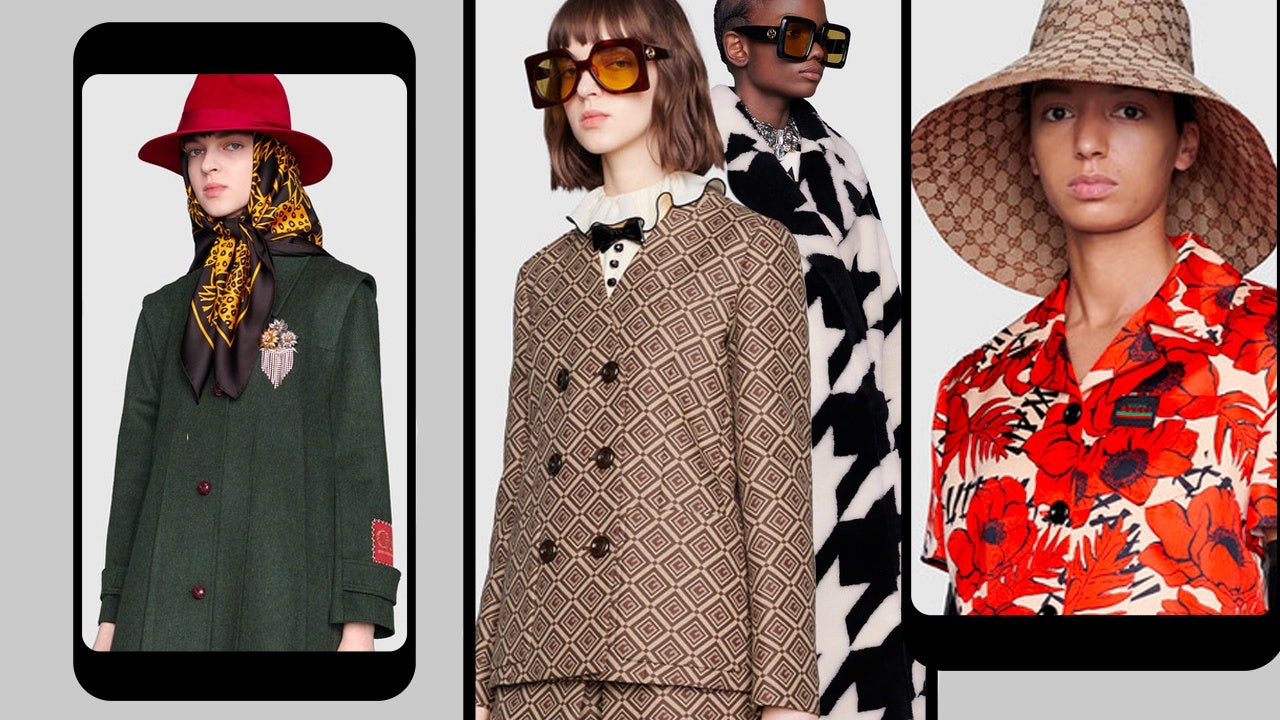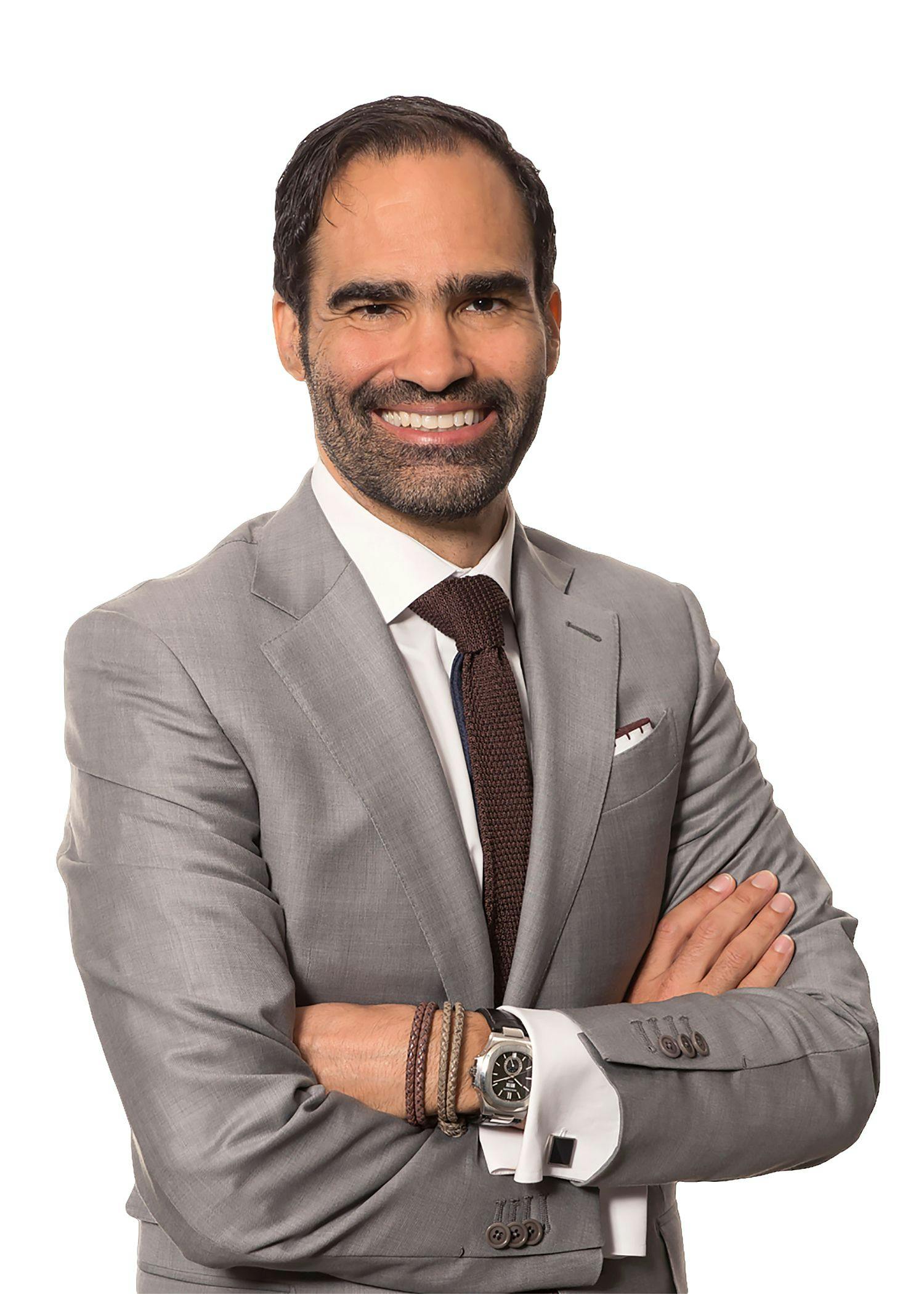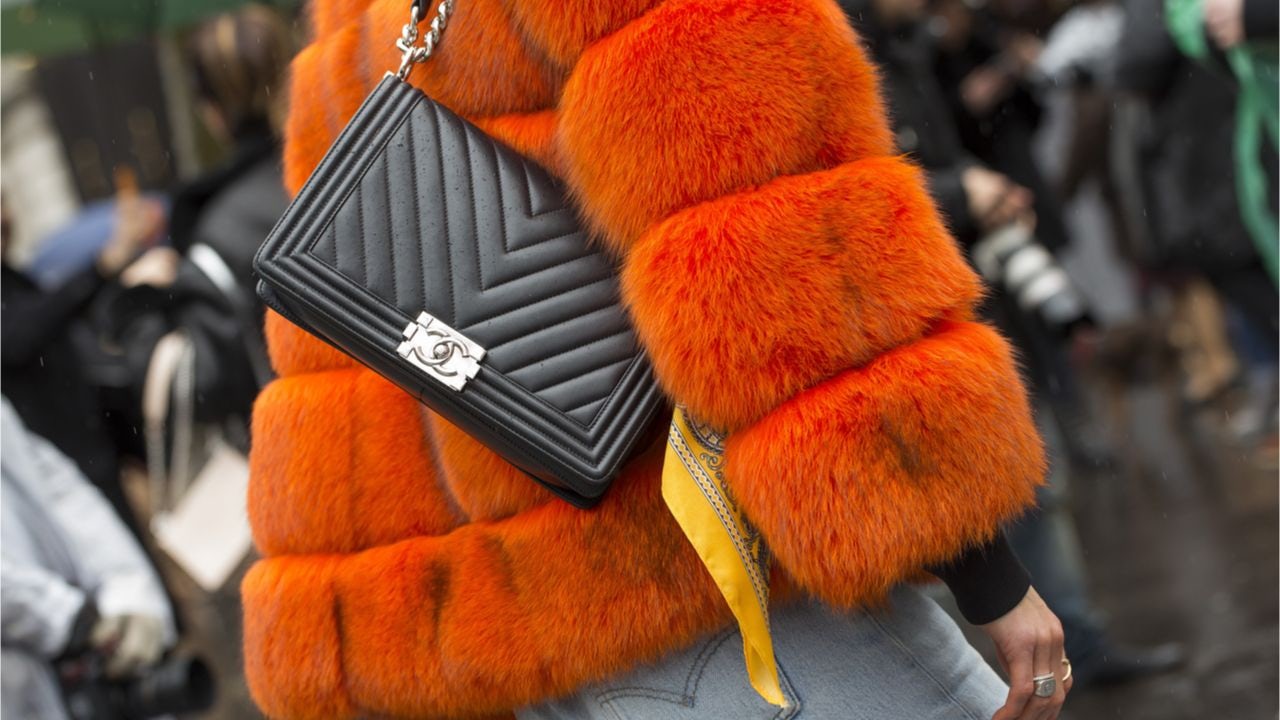Key Takeaways#
:
- In times of uncertainty, consumers focus more on value and scrutinize brands even more regarding the value they provide.
- The mistake that brands make during dark times is that they confuse consumer value-seeking with them wanting better prices. But price reductions only signal that a brand has less value.
- People don’t buy luxury for its practical features (the physical product) but for its anticipated psychological effects or what can be called “added luxury value.”
Net-a-Porter had one of its best shopping days on the afternoon of 9/11, according to its founder, Megan Quinn. The reason was that people were looking for inspiration during a traumatic event. In many aspects, our experiences during the COVID-19 pandemic are comparable. With infection rates growing again in the US and Europe that have surpassed peaks from the spring and summer, consumer sentiment is once again low.
In times of uncertainty, consumers focus more on value. They scrutinize brands even more over the value they provide. The mistake that many brands make during such periods is confusing this value-seeking with wanting better prices. Yet, price reductions only signal that a brand has less or little value to consumers. In the extreme, it signals that a brand has no value at all.
What the Net-a-Porter example shows is that luxury’s value lies in the inspiration it creates. When people feel dark and times look bleak, brands can excite desire in their customers if they provide them with something that allows them to dream. This value is an oft-forgotten yet critical aspect of luxury brands.
When I researched the most critical drivers of luxury purchases, two aspects were most significant in creating a desire and a willingness to buy a luxury brand. The first use is for social protection. The second is for an ultimate treat. These psychological factors far out-performed any product feature in their ability to create value.
In other words, people don’t buy luxury for its practical features (the physical product) but for its anticipated psychological effects or what I call “added luxury value.” Yet, many luxury brands set the wrong priorities. Typically, 90 percent of the company is focused on the product, and very few resources are put toward creating added luxury value. Given where true value is created, the opposite should be the case.
What is the result? Most luxury brands are in an identity crisis. They just do “more of the same,” don’t tell their story well, don’t differentiate themselves enough, and have massive deficits in creating digital experiences that connect with Gen Z — their most influential consumer group.
I often hear the argument from managers of smaller brands that they don’t have the “permission” to be different yet. They argue that they must first establish the brand by acting like the larger brands. Then, when they are bigger, they can pivot toward their own identity. Does this sound familiar? If so, then your brand may be in an acute identity crisis, and you might not have much time left to change course.
In luxury, brands need to create desire. But brands can never create desire if they are doing what everyone else is doing. Craftsmanship and beautiful materials mean nothing if they are not “translated” into a compelling brand story that resonates with young, affluent, and digital-oriented customers. Extreme value creation does not depend on the product; it depends on the brand story.
The product is a proxy that translates part of the story, but it is not the story. That is what many brands forget. As such, they are nothing more than shiny objects that lack substance, meaning, purpose, and value. And when there is no value, the only thing you can do is promote with discounts. But that always comes at the expense of brand equity, creating a negative cycle that will destroy the brand with no way out.
All the experts I spoke with over the past few weeks across a multitude of categories — from CEOs of car brands and fashion brands to tech brands and medical experts — believe that the effects of the pandemic will reach far into 2021 and maybe even 2022. That means consumer uncertainty is here to stay for another 6 to 24 months. Even if the pandemic is overcome soon, it will take years before the economy rebounds in the US and Europe due to massive structural unemployment.
Luxury brands will be the first to rebound if the past is any predictor for the future. But the rebound will not affect all luxury brands in the same way. If you discount today while decreasing your value propositions, you will not participate in the market recovery. However, if you focus on brand equity building and inspiring your customers, you can significantly improve your position in the next months.
The ability to inspire was never as important as it is now. It is a holistic task that includes brand positioning, storytelling, brand strategy, differentiation, digital mastery, and experience creation at every physical and digital touchpoint. If you feel that you have any deficits, you must act urgently. If you believe your brand is perfect in all aspects, you probably are not critical enough. Ultimately, your consumers will decide. Only if you inspire them will they choose your brand. Only then will you have a future.
Daniel Langer is CEO of the luxury, lifestyle and consumer brand strategy firm Équité, and the professor of luxury strategy and extreme value creation at Pepperdine University in Malibu, California. He consults some of the leading luxury brands in the world, is the author of several luxury management books, a global keynote speaker, and holds luxury masterclasses in Europe, the USA, and Asia. Follow @drlanger


